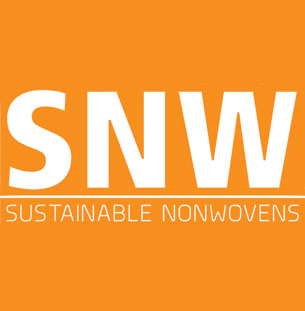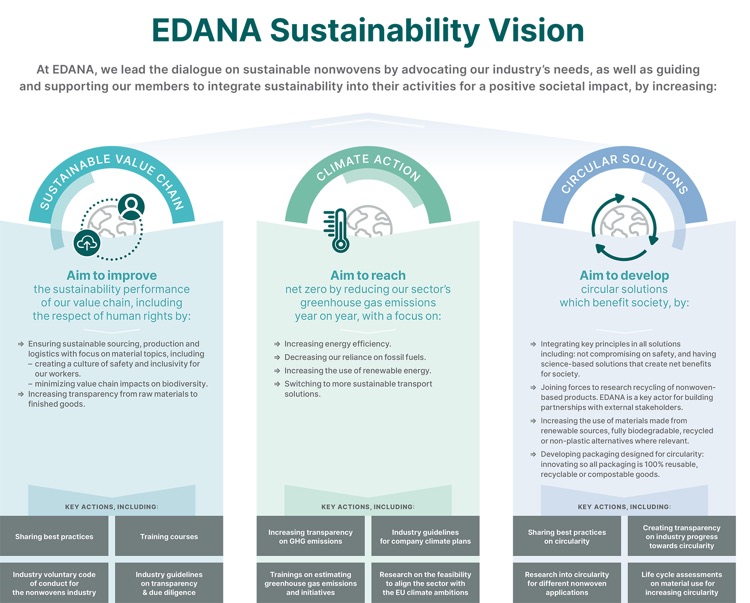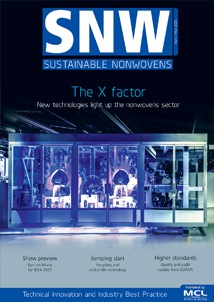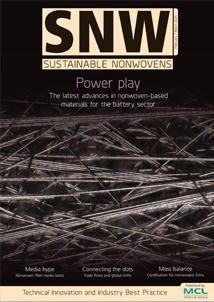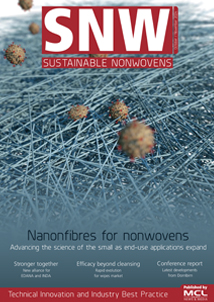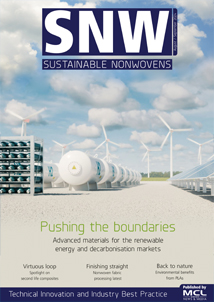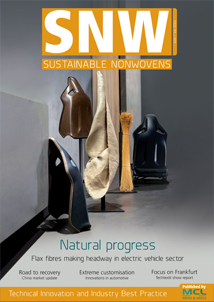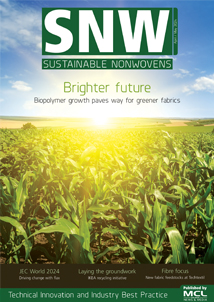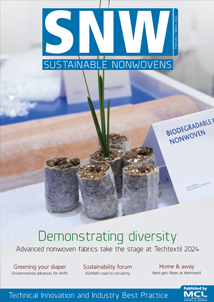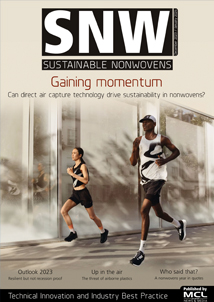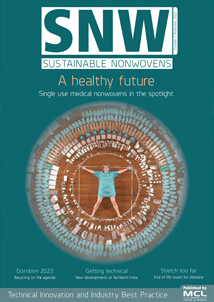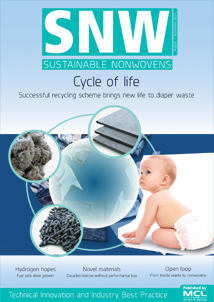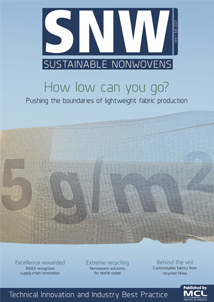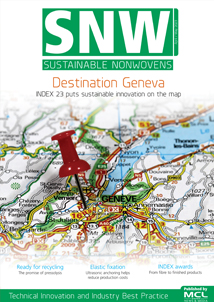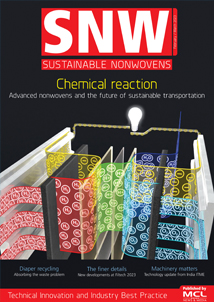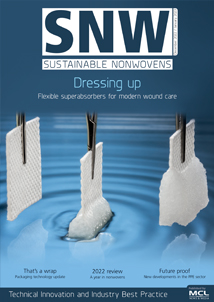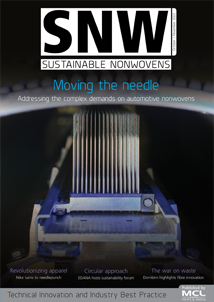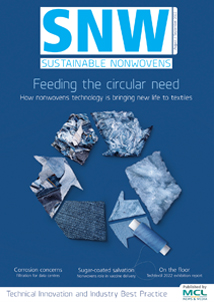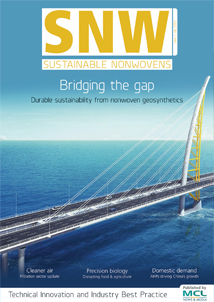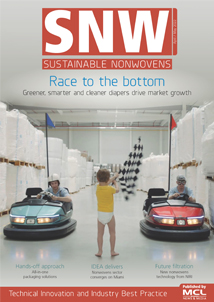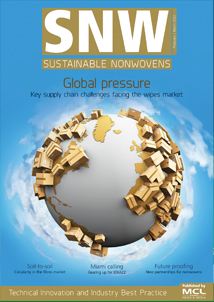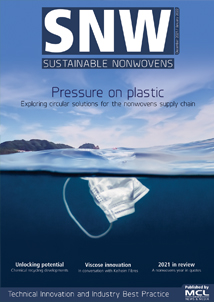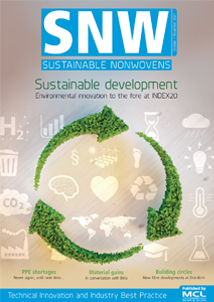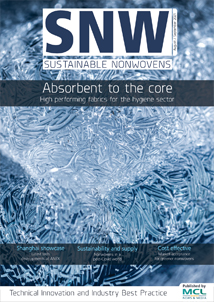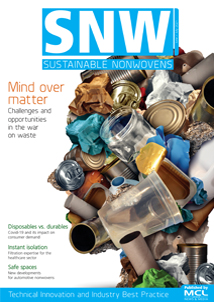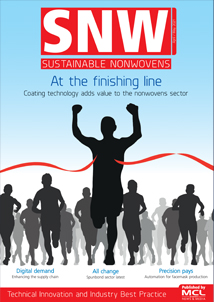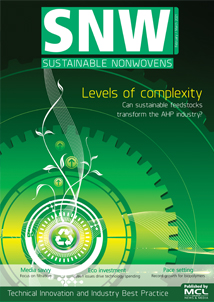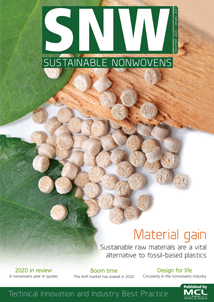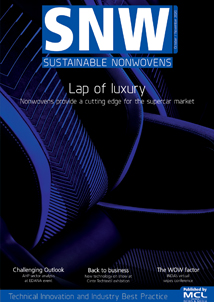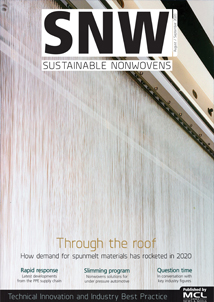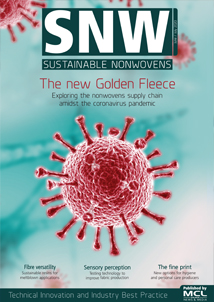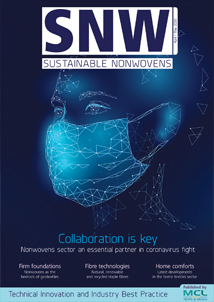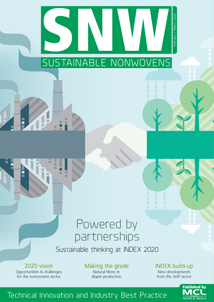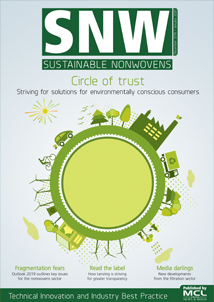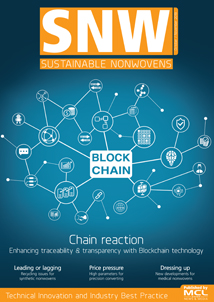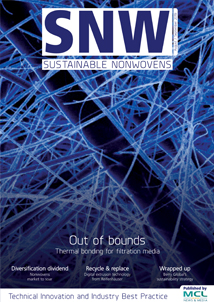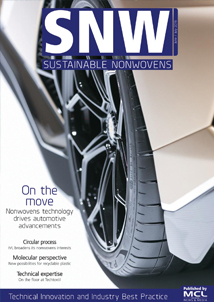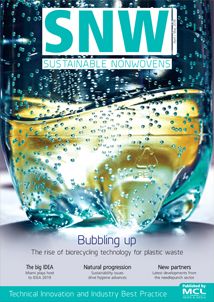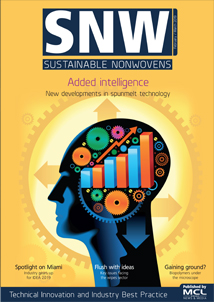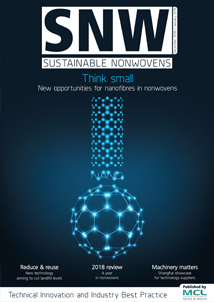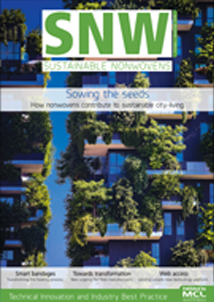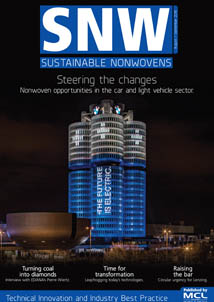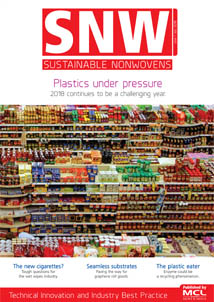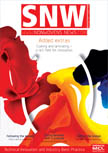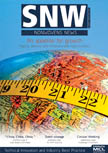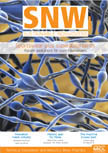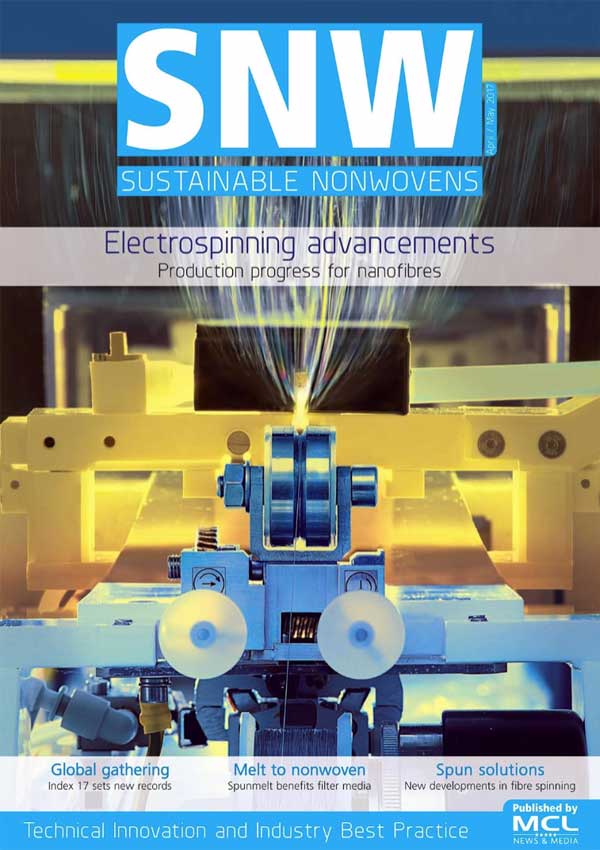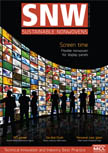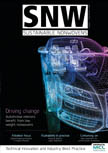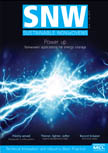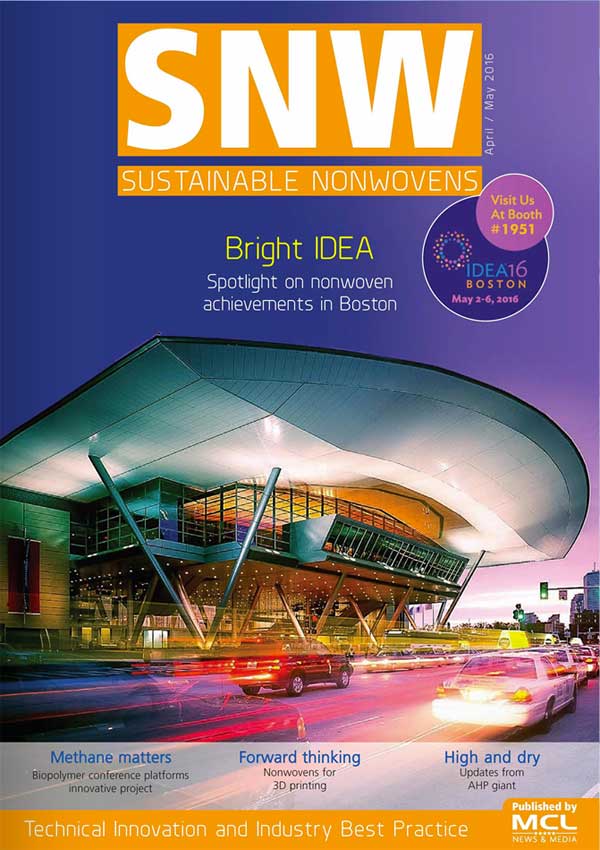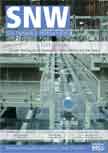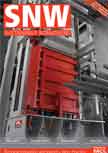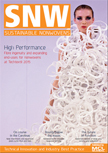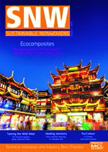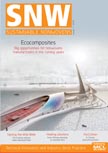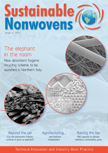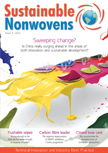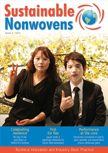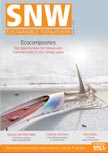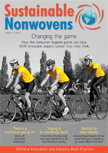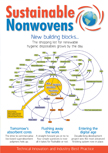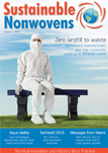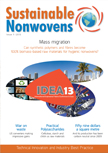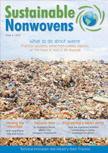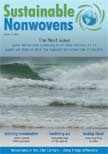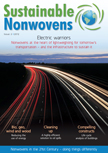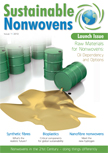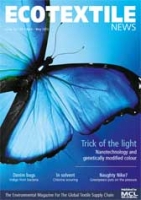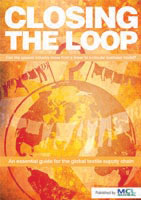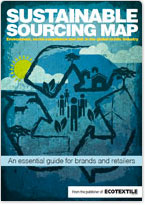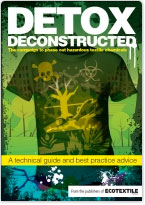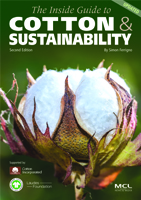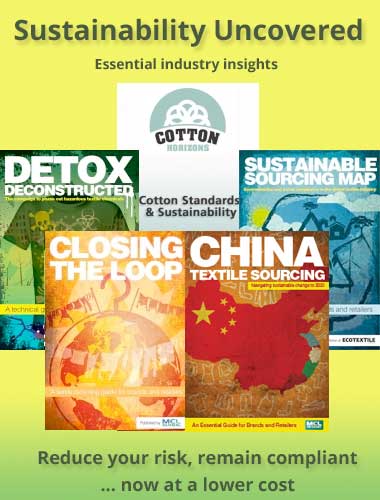BRUSSELS - Gil Stevens, external relations & sustainability director, EDANA, discusses the organisation’s updated Sustainability Vision
Why the project was undertaken?
Gil Stevens: Our previous sustainability vision was developed in 2018, and in this constantly evolving space no longer reflects the improvements and investments that the nonwovens industry has made regarding environmental and societal aspects. And it’s not just our industry. Sustainability today is at the heart of policy making, consumer purchasing choices and much more.
For example, the European Union has – and is continuing to propose – many new regulatory frameworks from the Corporate Sustainability Reporting Directive (CSRD) - which requires many of our members to extensively report on material topics - to the corporate sustainability due diligence directive (CSDDD). The latter, is currently being negotiated by the European Institutions and will have a direct impact on our industry.
EDANA wants to ensure that we are all ready for these changes, even the companies that are not directly concerned. Our unique position, gathering the entire supply chain, puts us in the perfect position to inform and train staff across the nonwovens industry on these topics.
We are also well placed to foster exchanges between the industry and its key stakeholders from European policymakers to NGOs. The revised vision sharpens the scope of sustainable action for both EDANA and our members, and clearly positions EDANA as the main convenor for sustainable nonwovens.
SNW: Can you explain the essential elements of the EDANA Vision?
GS: The revised vision is composed of three pillars, with circular solutions now more clearly defined.
The first pillar is the ‘Sustainable Supply Chain’, which focuses on improving the sustainability performance of the nonwovens value chain, and addresses three key Sustainable Development Goals around human rights, workers rights and biodiversity. It hones in on:
- ensuring sustainable sourcing, production and logistics with a focus on material topics,
- creating a culture of safety and inclusivity for our workers,
- minimising value chain impacts on biodiversity and increasing transparency from raw materials to finished goods.
The second pillar is ‘Climate Action’. The goal is to reach net zero by reducing our sector’s greenhouse gas emissions year on year, with a focus on increasing energy efficiency by decreasing our reliance on fossil fuels and increasing the use of renewable energy, as well as switching to more sustainable transport solutions.
The third pillar is “Circular Solutions’. It is important that our industry doesn’t compromise on safety, and any solutions must be both science-based and create net benefits for society. Addressing yet another SDG, Partnerships for the Goals, our industry will need to work together and build partnerships with external stakeholders to find solutions for recycling nonwovens-based products, such as absorbent hygiene products which once used may contain human waste and blood. And last but not least the components that we use. Where relevant, we can increase the use of materials made from renewable sources, that are fully biodegradable, recycled or non-plastic. Beyond these three pillars is a long list of actions that we would like to initiate. This list will be further discussed with experts from our network of members.
SNW: How & when it will be presented and implemented?
GS: We unveiled the structure – the pillars – for our revised vision at the recent EDANA Sustainability Forum. In terms of what next, we need to further define the list of actions that I already mentioned with our members and we will communicate this in due course via our website. We are also working with members to develop case studies to showcase good practices on sustainability that demonstrate the three pillars and these will be shared on our website, social media and through newsletters. So please watch this space!
The EDANA Sustainability Forum, which evolved out of our Circular Nonwovens Forum, was also be a useful communication vehicle to gather key stakeholders in Brussels to share best practices and lessons learned, and going forward we plan to organise it on a yearly basis.
EDANA promises to lead the dialogue for the industry. We will guide and support our members to integrate sustainability in their activities for a positive societal impact.
